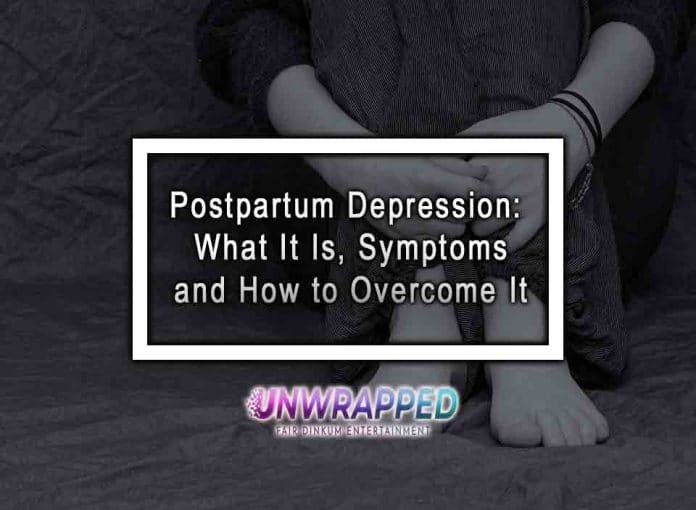In most cases, the time period between the announcement of a pregnancy and the delivery of a child is filled with a great deal of happiness.
On the other hand, for some mothers, the first few days following giving birth are often filled with a great deal of anguish and sadness.
Unfortunately, postpartum depression is a disorder that affects one in every four women. If postpartum depression goes misdiagnosed and untreated, it may have devastating effects for both the mother and the child.
What is Postpartum Depression
Depression among new mothers is typically more widespread than people realize in the postpartum period.
It is a mood condition that often begins in the early weeks after giving birth, and its primary cause is the significant imbalance of reproductive hormones that occurs at this time.
Symptoms of Postpartum Depression
A significant number of moms who suffer from postpartum depression have feelings of guilt as a result of their grief and dread following the birth of their child.
However, the vast majority of people are completely unaware that they have the issue, and as a result, they do not seek treatment for it. This may result in an increased risk of developing several diseases throughout the course of their life.
Most of the time, the spouse or other members of the immediate family are the ones who notice the initial signs.
In addition to feelings of worry and irritation, additional symptoms of postpartum depression that a woman may experience include the following:
- want to cry all the time;
- decreased appetite;
- difficulty sleeping;
- always feel tired;
- feeling that the baby is a stranger;
- negative thoughts;
- suicidal thoughts.
What is The Treatment?
Because of the severity of this ailment, you should seek medical attention very away.
The sooner it can be detected and treated, the sooner the symptoms will start to subside.
This condition, if left untreated, has the potential to cause considerable harm to the connection that occurs between the mother and the infant as well as the building of the emotional link.
Follow-up psychological treatment is a key component in the treatment of postpartum depression.
In some circumstances, it may be necessary to provide nursing mothers with additional support in the form of group therapy as well as mental treatment with certified antidepressants.
CONCLUSION
As was just shown, postpartum depression is not a sign of moral failing. However, it is a sickness, and as such, it has to be treated.
Therefore, if you or someone you love suffers, it is important to seek or point someone else in the direction of competent care.
Also see: 7 Foods That Cleanse The Liver










